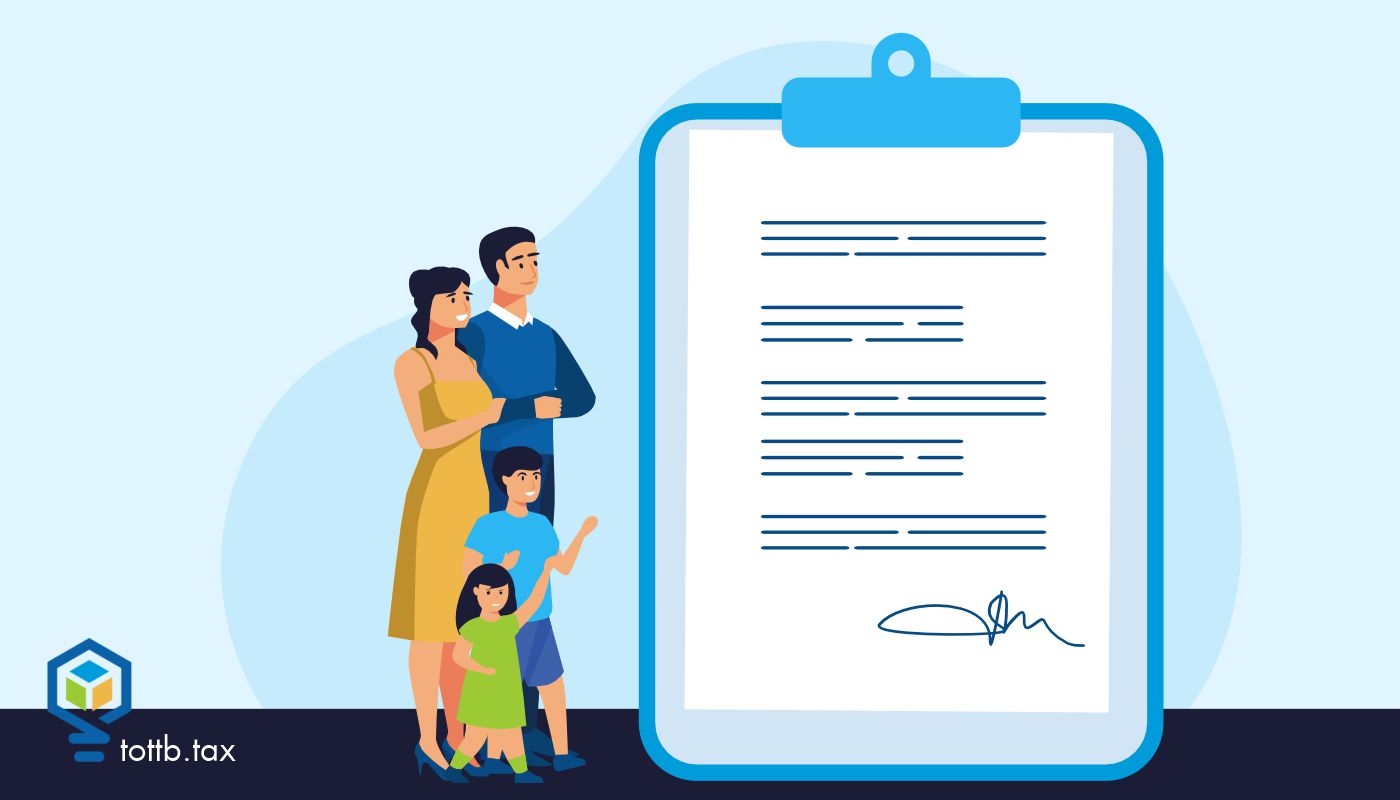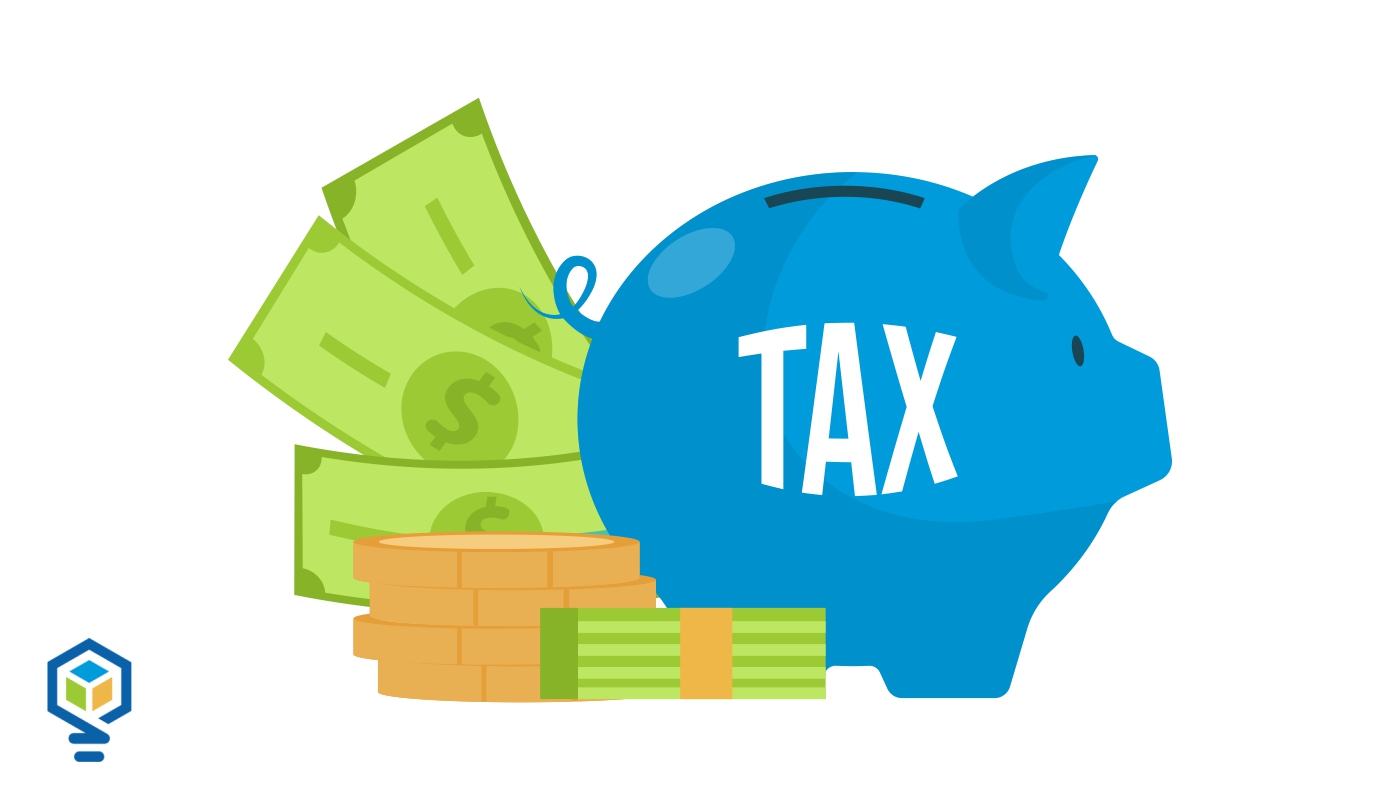CURRENT EDITION

An Analysis of the OBBBA’s Trump Accounts (Part 2)
In part one of this series, I went over the basics of the new retirement accounts for minors, Trump Accounts, which were created as part of the One Big Beautiful Bill Act (OBBBA). Trump Accounts allow the Government, Charitable Organizations, Parents, and others to contribute to a child’s savings, usually on an after-tax basis. These accounts then transition to a traditional individual retirement account (IRA) when the child turns 18. Although the contribution limits act like non-deductible traditional IRA contributions and have a contribution limit of only $5,000 per year, they do not have the same earned income requirements that traditional IRA contributions have. This means that children are able to accumulate savings even without earned income. This article presents several scenarios to examine how Trump Accounts may play into an overall savings strategy for children.
READ MOREMonetized Installment Sale – IRS Finally Says It Does Not Work
The promoters of Monetized Installment Sales got some bad news from the IRS earlier this month. The IRS released an analysis the Office of Chief Counsel did outlining six, count them six, ways in which the transaction does not work as the promoters claim. The release will not stop the industry in its tracks, but it will probably be a relief to practitioners who have been advising that the technique is flawed.
Read MoreCryptocurrency Staking and the U.S. Tax Code
Cryptocurrency is currently one of the hottest topics in taxation. The use cases of crypto are continually evolving, and official IRS guidance is perpetually several years behind the types of transactions investors engage in. We are left trying to force a crypto transaction to fit into the existing code that was not written with crypto in mind. Additionally, with the lack of official guidance, we are forced to attempt to anticipate how the IRS will interpret novel transactions or worry about potential penalties and interest down the road. Staking is a transaction that has become extremely common among crypto users, yet the IRS is silent on how to report and tax it. Read on to learn more about cryptocurrency “mining”, staking, and how the current IRS interpretations of the tax code (or lack thereof) may affect your income reporting.
Read MoreAll About the Augusta Rule – One of the Tax Code’s Best and Easiest Income “Loopholes”
Do you have homes in destination spots? Places where people flock during specific times of the year? Mardi Gras? Spring break? Sports championships or events? Maybe you own a home in places commonly used as film locations? For example, Albuquerque, New Mexico, is often the site for movie and television productions, and it hosts the Albuquerque International Balloon Fiesta every year (excluding global pandemics, obviously). The 10-day long event hosts well over 100,000 visitors to the city each year. But this article isn’t about Albuquerque tourism, it’s about the easiest tax-free money you will ever make.
Read MoreHow to Claim the Emergency Relief Credit Fast
Question: How are you pricing Employee Retention Credit claims? Answer: The Employee Retention Credit (ERC) has seemed more confusing than some of the other tax credits simply because it was mostly ignored by the tax community early in the pandemic. While small businesses happily pocketed PPP funds rather than claim the credit, the choice between the two benefits was clear. As we now know, business owners can have both PPP loan forgiveness as well as access to the ERC tax credits. But many smaller firms and payroll processors felt overwhelmed by the demand, and with refunds taking months to process, some businesses are often looking for help on their own. So many new players have entered the game selling access to these credits, up to $33,000 in cash per employee. Firms selling R&D studies and cost segregation are advertising – hard. Most are charging a percentage of the total credit amount. You don’t want to miss out on this valuable service for your client to capture this free cash, yet many advisors are passing on this work due to the time, research, and education requirements for something that has such a short shelf life. Is it worth losing income to meet everyone’s needs? Continue reading to check out the results of a short survey asking tax pros how they are charging for this type of work.
Read MoreHow Are You Determining Reasonable Compensation – Legal Fact or Convenient Fiction?
Accountants are facts and figures folk. Accountants rely on data and analysis, not myths and tales. Well, not always. In 2020, we asked 4,671 tax advisors whether the IRS recognized rules of thumb such as a 50/50 split between distributions and reasonable compensation. Thirty-three percent said yes. The IRS “rule of thumb” is a myth. But it’s a fact that we found 1,555 professional accountants who relied on this myth. It’s not that they didn’t have the facts. All of those surveyed had just attended a continuing education class on reasonable compensation that walked them through, step by step, recent court cases, the IRS’s definition, rules, guidelines, and criteria for determining reasonable compensation. Nowhere in the class were they taught that the IRS accepts “rule of thumb” or “safe harbor” calculations based on percentage of distributions, sales, or revenue. So, what gives? Why do so many accountants believe these rules of thumb are actually “rules”? And more importantly, does the IRS follow the same?
Read MoreAirline Miles, Other Reward Programs, and Taxes – What You Need to Know
Frequent flyer miles and similar programs for other forms of consumption like grocery shopping raise a host of tax issues. There are the concerns of the recipients of the “rewards” and also of the issuers of the various sorts of points. A recent Tax Court decision brought the taxability of rewards into focus again and the opinion encourages the IRS to provide more guidance. Here is where we seem to be now. This is the first of two articles discussing the tax strategies available to boat owners. Part 1 focuses on using a boat as a residence, but if that doesn’t meet your needs, stay tuned because Part 2 will cover boats for business use (including as a home office). Why not consider both options and see how your tax savings can help fund your floating condo? Keep reading to learn more.
Read MoreWhat Is the Best Way Tax Advisors Can Charge for ERC Claims?
Question: How are you pricing Employee Retention Credit claims? Answer: The Employee Retention Credit (ERC) has seemed more confusing than some of the other tax credits simply because it was mostly ignored by the tax community early in the pandemic. While small businesses happily pocketed PPP funds rather than claim the credit, the choice between the two benefits was clear. As we now know, business owners can have both PPP loan forgiveness as well as access to the ERC tax credits. But many smaller firms and payroll processors felt overwhelmed by the demand, and with refunds taking months to process, some businesses are often looking for help on their own. So many new players have entered the game selling access to these credits, up to $33,000 in cash per employee. Firms selling R&D studies and cost segregation are advertising – hard. Most are charging a percentage of the total credit amount. You don’t want to miss out on this valuable service for your client to capture this free cash, yet many advisors are passing on this work due to the time, research, and education requirements for something that has such a short shelf life. Is it worth losing income to meet everyone’s needs? Continue reading to check out the results of a short survey asking tax pros how they are charging for this type of work.
Read MoreAny Port in The Storm – Tax Strategies for Boat Owners (Part 2 of 2)
Ever thought of using a recreational vehicle like a boat to lower your taxes? Yes, it’s possible using the right strategies, and there’s no time like the present to make that happen. Even more than pre-pandemic taxpayers may be considering buying their own island. Those for whom buying an actual island is beyond the budget may be considering buying a boat or an RV for use as a residence, an office, or both. Whatever the type of use, there are tax strategies available for boat owners if they meet the requirements. As with any tax strategy it is important to have a full understanding of the requirements to ensure the deduction is legal and to ensure the taxpayer can substantiate the deduction should the tax authorities examine the return. This is the first of two articles discussing the tax strategies available to boat owners. Part 1 focuses on using a boat as a residence, but if that doesn’t meet your needs, stay tuned because Part 2 will cover boats for business use (including as a home office). Why not consider both options and see how your tax savings can help fund your floating condo? Keep reading to learn more.
Read MoreNOT A MEMBER YET?

SUBSCRIBE TO GET ALL OF OUR
GREAT ARTICLES AND RESOURCES!
CURRENT EDITION

An Analysis of the OBBBA’s Trump Accounts (Part 2)
In part one of this series, I went over the basics of the new retirement accounts for minors, Trump Accounts, which were created as part of the One Big Beautiful Bill Act (OBBBA). Trump Accounts allow the Government, Charitable Organizations, Parents, and others to contribute to a child’s savings, usually on an after-tax basis. These accounts then transition to a traditional individual retirement account (IRA) when the child turns 18. Although the contribution limits act like non-deductible traditional IRA contributions and have a contribution limit of only $5,000 per year, they do not have the same earned income requirements that traditional IRA contributions have. This means that children are able to accumulate savings even without earned income. This article presents several scenarios to examine how Trump Accounts may play into an overall savings strategy for children.

Another Tax-Smart Way to Save for Retirement
Most clients are familiar with the well-known accounts to save for retirement, such as the 401(k) and IRA. Some clients might be able to supplement those with a lesser-known vehicle as well. A life insurance retirement plan (LIRP) is a type of permanent life policy with a cash value basically funded by overpaying premiums. The money can eventually be taken as a tax-free loan against the policy for anything from medical expenses and long-term care to supplemental retirement income to, for the wealthy, the payment of taxes on large estates.

Taxes & Taxidermy: Rampaging Through The Tax Code On The Back Of A Stuffed Rhinoceros
Is the taxidermy fee for a stuffed bear deductible? If so, should I depreciate it? What would the basis and class life be for depreciation? Those are real questions asked in a group chat with some colleagues. Of course my answer was “It depends.” And, like all good tax professionals, I proceeded to ask a series of follow-up questions. And, like a good writer, that got me to thinking about all of the tax-related case law surrounding taxidermy and what it can teach us—it’s more than one might think.








